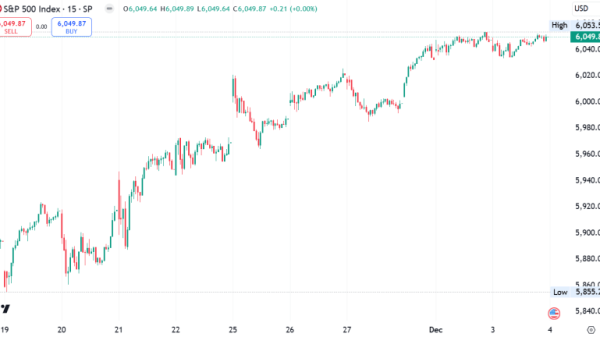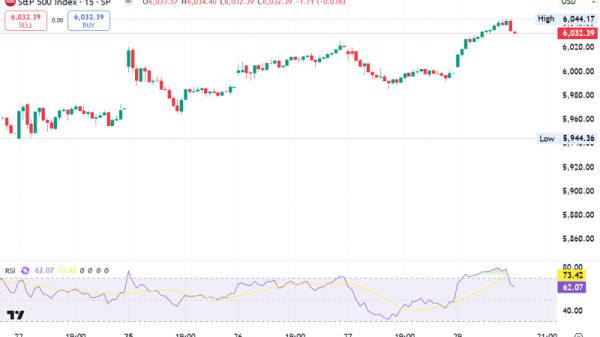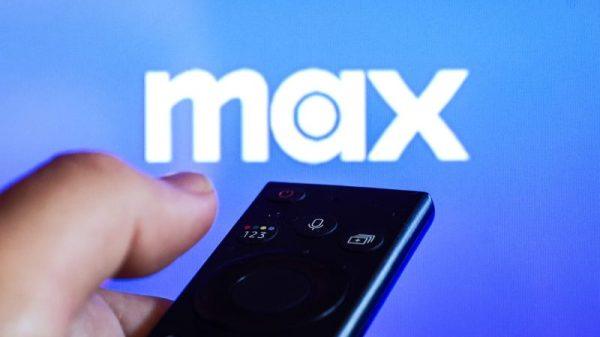By Harry Robertson
LONDON (Reuters) – French borrowing costs effectively matched those of Greece on Thursday for the first time, as Michel Barnier’s government teetered on the brink of collapse, underlining a dramatic shift in how lenders view the creditworthiness of euro zone members.
Far-right and leftist opposition parties have been threatening to bring down Barnier’s government over its budget that includes 60 billion euros ($63 billion) in tax hikes and spending cuts.
Bond investors worry that the collapse of the government would mean any effort to cut borrowing is jettisoned.
“A no-confidence vote would reset the progress made with the current budget proposal and trigger a new period of political limbo,” said Michiel Tukker, senior European rates strategist at lender ING.
In the middle of the euro zone sovereign crisis in 2012, Greece’s borrowing costs, as measured by its 10-year bond yield, shot to more than 37 percentage points above those in France, as Greece looked destined to default on its debts.
Fast forward 12-1/2 years and Greek debt on Thursday morning traded within 0.02 percentage points of France at around 3%.
France’s rising debt levels have been slowly eroding its advantages in the bond market for years. Then, the risk premium investors demand to buy French debt compared to its neighbours shot higher in June when President Emmanuel Macron called a snap election that resulted in a fragile hung parliament.
Meanwhile, the countries once at the centre of the 2012 crisis and labeled the PIGS – Portugal, Italy, Greece and Spain – have cut their debt levels and become more attractive to bond investors.
Greek public debt was already running at 100% of GDP before the euro zone crisis and surged to more than 200% as COVID-19 hit in 2020. But it has since fallen to around 160% of GDP and economists expect it to continue to fall.
French debt is historically elevated at 112% of GDP and rising. The state has spent heavily in response to the shocks of COVID-19 and the Ukraine war, while tax receipts have lagged expectations.
“Even if the government did achieve its planned consolidation, France would still have a pretty elevated budget deficit,” said Max Kitson, rates strategist at Barclays (LON:BARC).
“If you look at Greece’s debt-to-GDP profile, you have a downwards trajectory which contrasts with France’s upwards trajectory.”
Similar efforts to rein in debt – as well as years of bond purchases by the European Central Bank – in Ireland, Portugal and Spain have seen those countries’ borrowing costs fall below those of France.
On the plus side for France, its bond yields have not risen sharply in absolute terms and are in fact down around 16 basis points since the start of the month.
Friday evening will prove a test, when S&P Global Ratings will update its assessment of France, after Fitch and Moody’s (NYSE:MCO) downgraded their outlooks on the country last month.



































